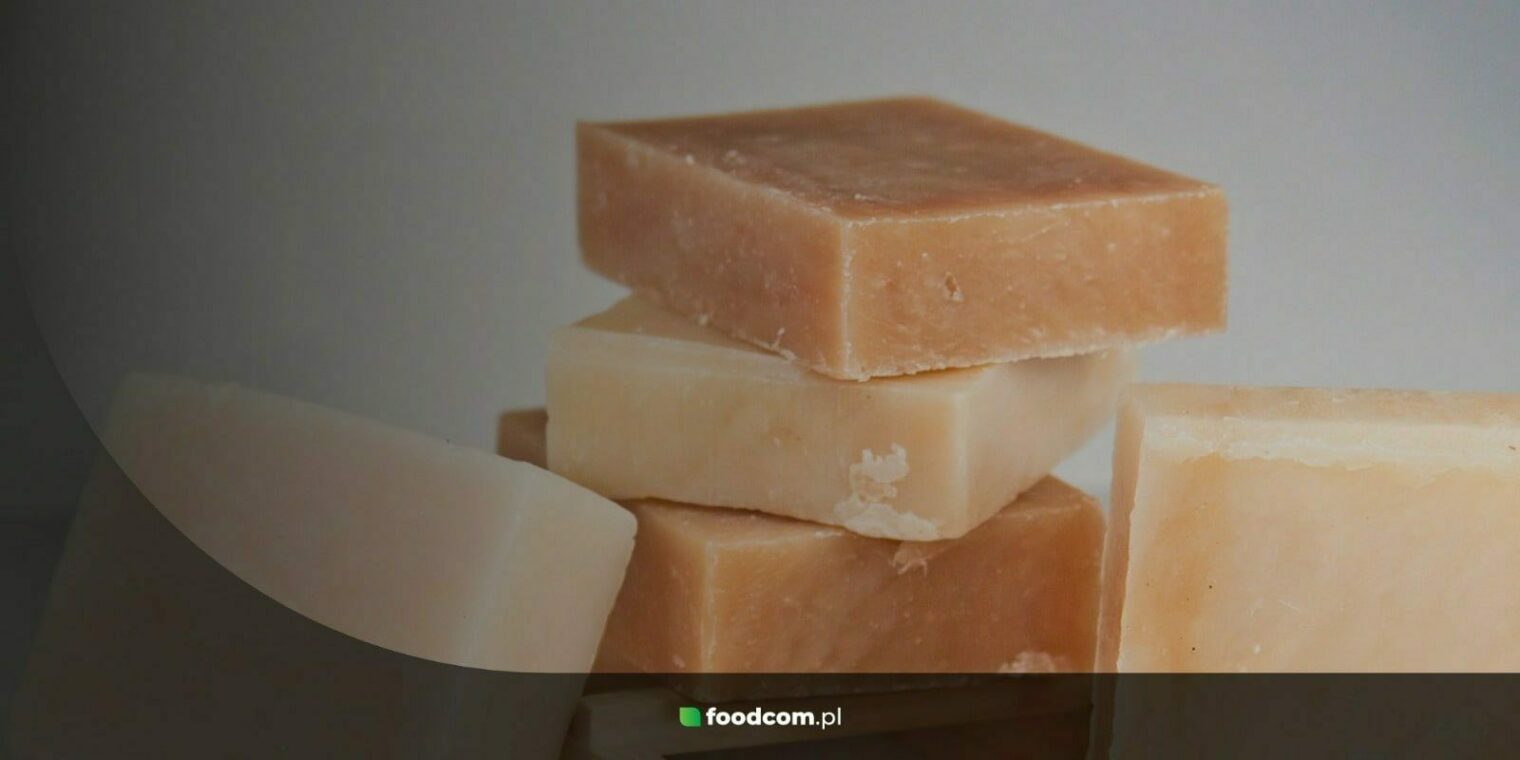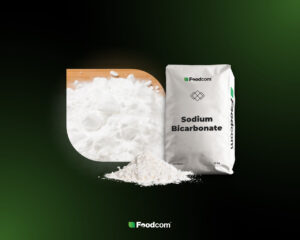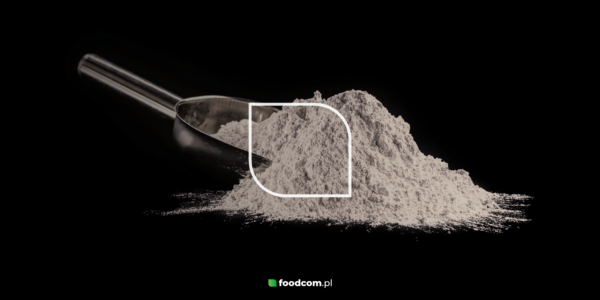- Soaps are a large group of substances, of which sodium and potassium soaps are the most common. Soap is formed by the reaction of oils or fats with hydroxides.
- Sodium soap is used to make the popular white bar soap.
- Sodium soap has cleansing and antibacterial properties.
- It is used for hygiene, cleaning and medical purposes as well as for the production of other substances such as lubricants.
Soaps are described as salts of metals and higher fatty acids with 12-20 carbon atoms, such as palmitic, stearic or oleic acid. Due to their effect as surface-active compounds, they have been used as cleaning and washing agents for thousands of years.
Sodium soap has the chemical formula C17H35COONa.
What is sodium soap?
Like other soaps, sodium soap forms an emulsion in water. The soap molecules are in the form of micelles, which have hydrophilic, water-soluble parts and hydrophobic, water-insoluble parts. The soap thus reduces the surface tension at the interface, whereby the phases in this case are water and insoluble dirt, mainly in the form of grease. The dirt particles are trapped in the micelles formed by the soap molecules and removed with them from the cleaned surface. The properties of the soap also promote the inactivation of microorganisms – their cell membrane is destroyed and proteins are denatured, which leads to the death of the bacteria.
Sodium soap vs. other soaps
Sodium soap is the best known white hard soap used in the manufacture of bar products. Sodium soap belongs to the group of alkali metal soaps that are soluble in water. It is a good alternative to another soap from this group – potash soap, the so-called gray soap, which is soft and has a smeary texture. Alkali metal soaps also include lithium soaps, but these are poorly soluble in water and are not used as cleaning agents. A variant of potassium soap is Marseille soap, which contains olive oil.
Water-insoluble soaps include calcium and magnesium soaps. They can be formed, for example, when we use sodium or potassium soap in combination with hard water, in which these soaps do not foam well and form an insoluble precipitate. It is the result of the reaction of soap with calcium and magnesium ions present in hard water.
What are the properties of sodium soap?
The properties of soap depend largely on the ingredients used in its manufacture. Various types of fat can be used in the production of sodium soap: coconut, olive or palm oil as well as animal tallow. Depending on the animal species, the tallow contains different amounts of fatty acids, which results in different soap properties. Soaps made from vegetable oils, on the other hand, are softer and gentler. This applies in particular to soaps made with olive oil.
Production of sodium soap
Sodium soap is obtained by the reaction of hydrolytic saponification of triglycerides with sodium hydroxide. This process uses fat – which can be vegetable oils or animal fats – which is boiled for a long time with a concentrated sodium hydroxide solution, often in the presence of ethanol to aid the process. This breaks the ester bonds in the fat molecules. This reaction produces the main component of the soap – sodium stearate and glycerin.
Glycerin may be removed from the final product or remain in the product – the presence of this compound in the soap may be desirable due to its moisturizing and softening properties. Nowadays, soap is also produced in a more direct way – by reacting sodium base with fatty acids obtained during the refining of crude oil.
Sodium soap – uses
Sodium soap is the most popular body wash. Is that its only use? Take a look at the other areas in which soaps are used.
Use in cosmetics
Sodium soap is used to make the best-known toilet soap. It is excellent for washing hands and body, but can dry out the skin. So make sure you moisturize it well, especially when it comes to facial skin. Soap has a cleansing and disinfecting (antibacterial) effect. It is usually available in the form of a bar, but soap is also available in liquid or foam form.
In small amounts, sodium soap relieves skin irritation and inflammation, but if it remains on the skin for a long time or comes into contact with the eyes, it can cause pH changes, irritation, dehydration and burning. The pH of the skin is acidic, whereas soaps are alkaline. Disrupting the skin’s pH can destroy its natural protective barrier, which is responsible for protecting the skin. For this reason, soap should always be used in moderation and should not be used on skin that is already irritated, dry or injured.
In the manufacture of toilet soaps, colorants or fragrances are often added to them. Nowadays, we can find decorative soaps that are made by hand and to which herbs, natural oils or fruits are added. The addition of natural essential oils, honey or olive oil can counterbalance the drying effect of the soap on the skin and enhance its antibacterial effect.
Use in medicine
Soap has disinfectant properties due to its destructive effect on the cells of microorganisms. For this reason, soap in the form of so-called medical soap can be used as an ingredient in medical products. Medicated soap, which is made from fat (lard and rapeseed oil) and sodium hydroxide, is available in powder form and is used for the production of medicines in the form of ointments and balms.
Potassium soap also has medicinal properties and is used as a mild disinfectant. It also has an exfoliating effect on the skin by dissolving the exfoliated layer of the epidermis, which is used in manicure and pedicure treatments. Potassium soap is also available in the form of its solution in ethanol – soap suds.
Other uses
Soaps are not only used to wash the body or to make preparations for use on the skin, but can also serve other purposes. Soda ash can successfully replace detergent when washing hands or preliminarily removing dirt from clothes, especially grease stains. Soda soap also softens the water, which makes washing textiles easier.
Another use of soda ash at home is for cleaning. The soap is a natural and biodegradable product and is therefore ideal as an environmentally friendly cleaner for cleaning surfaces in kitchens and bathrooms as well as furniture and floors.
Soda soaps are also used in industry, for example in the production of professional cleaning agents and softeners. Soaps are also used as a thickening agent for oils and as a component of oil paints, and are also the main ingredient in many household plastic lubricants and high-performance greases for the automotive sector. However, lithium or calcium soaps are most commonly used here, as they adhere particularly well to metal, do not corrode, are resistant to moisture and can be used under heavy loads and at high temperatures.
To summarize, soap is a versatile product. Sodium soap is a particularly popular type of soap. It’s easy availability and low price make it a popular cleaning agent and antibacterial agent. No less important is its role in industry. It is a substance that is not only cheap and versatile, but also environmentally friendly and safe for the human body, including children.










